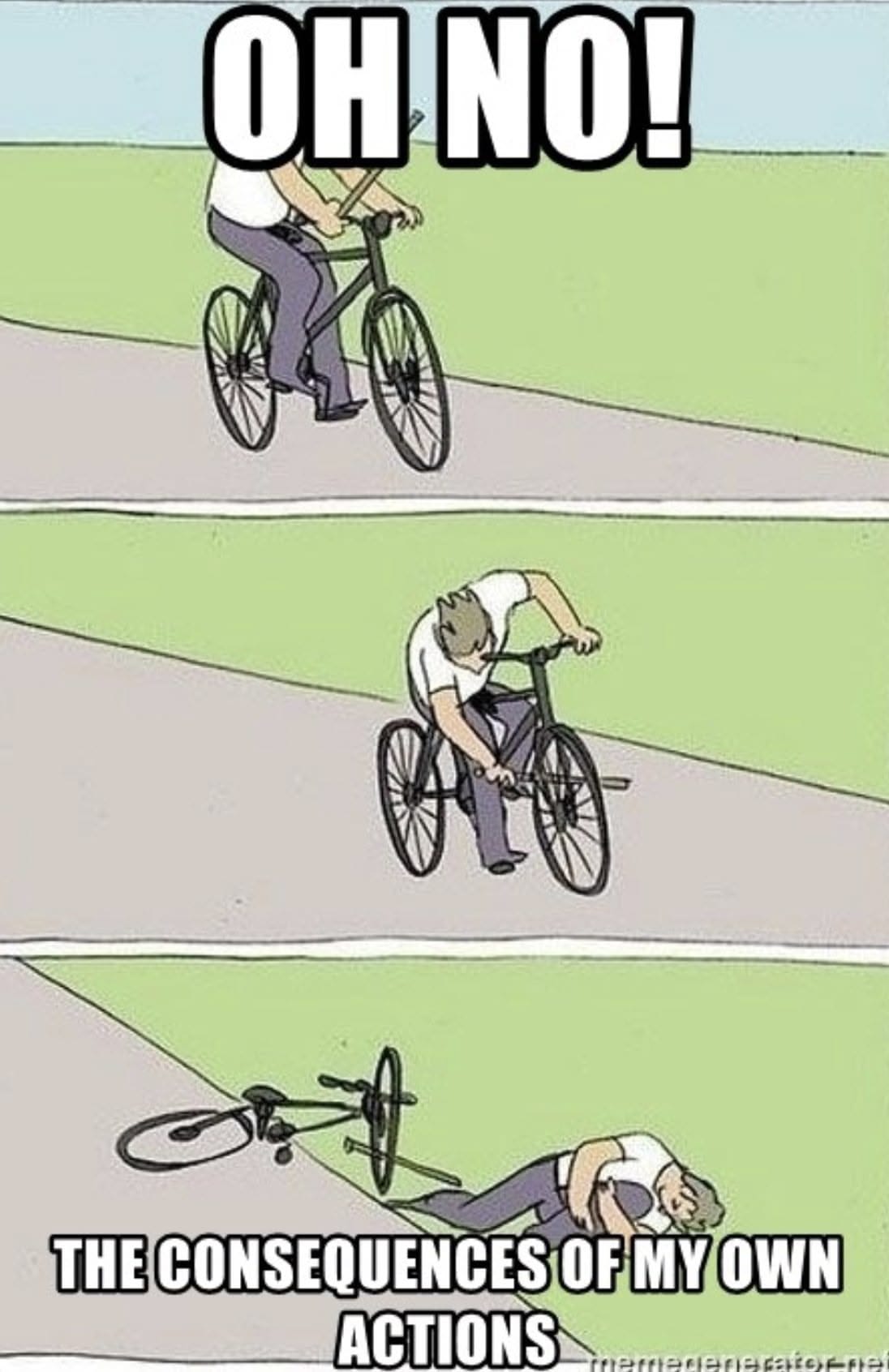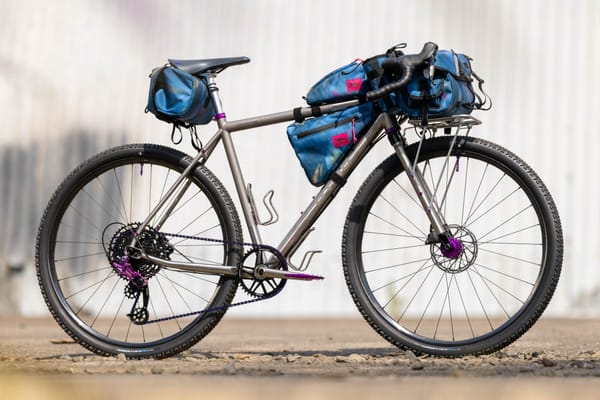A "Level PlayingField" or a Costly Mistake? Guardian Bikes' Tariff Gambit Divides the Industry
A 50% tariff on bikes, frames, and e-bikes? Learn why one US brand supports the hike and how it could devastate the industry. Public comment ends Oct. 21.

The U.S. bicycle industry is facing an unexpected and urgent threat. A public comment period, set to close today, October 21, 2025, will determine whether bicycles, frames, and e-bikes are included in a proposed 50% tariff increase on aluminum and steel.
What began as a trade dispute largely unrelated to the cycling world has suddenly drawn it to the center of a contentious debate, initiated not by foreign entities, but from within the U.S. industry itself.
The Section 232 Threat
The controversy stems from Section 232 of the Trade Expansion Act of 1962. Signed into law by President John F. Kennedy, the act was intended to grant the president authority in trade negotiations, primarily to reduce tariffs. However, Section 232 contains a provision that allows the president to impose tariffs on imports deemed a threat to national security.
This "national security" clause has been invoked sparingly—in its 60-plus-year history, only about half of the 30 investigations found a security threat, leading to presidential action just nine times. However, its use has increased in recent years, notably in 2018 when a 25% tariff was placed on imported aluminum and steel. Now, a 50% increase is on the table.
Initially, the bike industry seemed exempt. But 95 requests were filed to include "derivative products" in the tariff hike. Two of these requests, filed by kid's bike manufacturer Guardian Bikes and the Aluminum Extruders Council, specifically ask to add bicycles, frames, and e-bikes to the list. If granted, these products would face a 50% tariff regardless of their country of origin.
A US Manufacturer's Pro-Tariff Gamble
For most of the industry, which relies heavily on imported goods, such a tariff would be catastrophic. The surprising support from Guardian Bikes stems from its recent commitment to domestic manufacturing. The company's inclusion request highlights this effort, referencing its new Indiana facility:
“Earlier this year, Guardian Bikes announced a $19 million financing with JP Morgan Chase to launch the first large-scale bicycle frame manufacturing operation in the United States….The new facility—located in Guardian’s advanced manufacturing hub in Seymour, Indiana — represents a pivotal step in reshoring a critical industry…”
The owner of Guardian Bikes expanded on this logic in a public comment, defending the company's position against industry backlash:
"Look, we get it — nobody likes the word tariff. But let’s be honest: when 98% of bikes sold in the U.S. are imported, calling that a 'free market' is a joke. Guardian Bikes is actually building bikes here, hiring American workers, and investing in domestic manufacturing. If asking for a level playing field makes us the bad guy, fine — we’ll take the villain edit... We’re interested in building a sustainable U.S. bike industry that doesn’t collapse every time a container ship gets stuck somewhere."
An Industry Outcry and a Flawed Argument
The rest of the industry, represented by the advocacy group People for Bikes, views Guardian's move as a self-serving gamble that will be paid for by other businesses and American consumers. People for Bikes argues that this tariff hike is a "major wrench" thrown into progress already being made, pointing out that separate legislation to encourage domestic bicycle manufacturing is currently in progress.
Critics of Guardian's position also highlight a fundamental flaw in its business logic. The "level playing field" Guardian claims to seek is complicated by its own supply chain. Like nearly every U.S. manufacturer, Guardian relies on foreign-made raw materials, uses foreign-made machinery to build its frames, and equips its bikes with foreign-made components.
All of these items are already subject to tariffs. Adding another 50% tariff on finished bikes and frames doesn't just penalize competitors; it also increases Guardian's own cost of production. This protectionist stance appears to misunderstand the nature of a "free market," confusing it with a desire for market protection. Ultimately, these new costs would almost certainly be passed on to the consumer, damaging the very U.S. market Guardian claims to be saving.
The Final Call
The public comment period for the Section 232 inclusion requests ends tomorrow. People for Bikes has mobilized an opposition effort, providing resources and "Talking Points" to argue against the inclusion of bicycles. The decision will have profound implications, determining whether the U.S. bike industry faces a new era of costly trade barriers or continues its slow and steady effort to rebuild domestic manufacturing without devastating price hikes.





